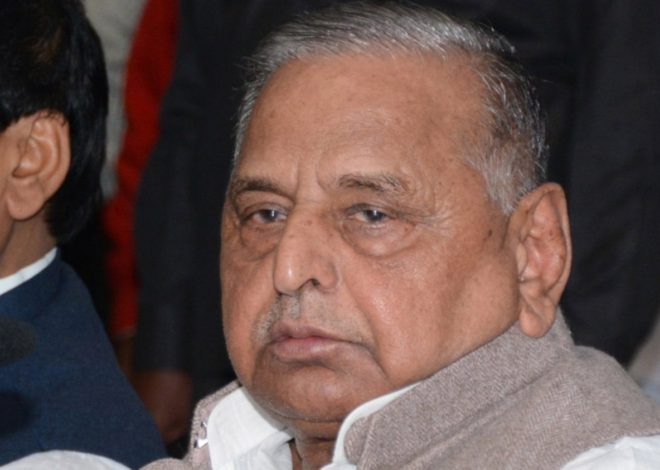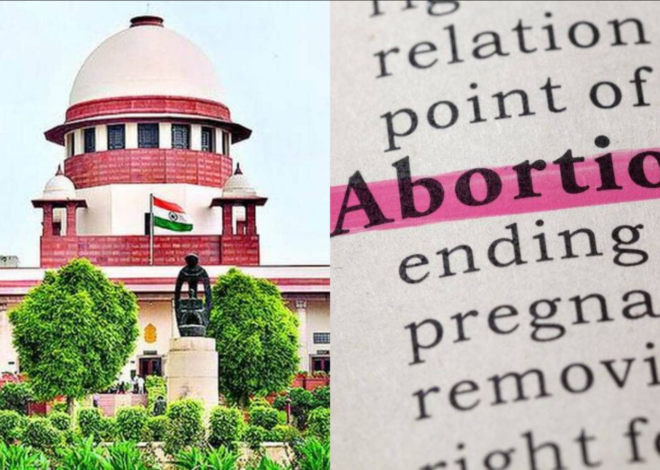
NIMHANS to train 10,000 mental health workers to help senior citizens
In an effort to provide mental health support to elderly individuals grappling with depression and dementia nationwide, the National Institute of Mental Health and Neuro-Sciences (NIMHANS) has joined forces with HelpAge India, an NGO dedicated to the well-being of the elderly. The collaboration aims to train 10,000 mental health workers through the ‘Sarthak’ initiative, which focuses on community-based mental health for the elderly.
Under this initiative, nurses, healthcare workers, and volunteers will receive training on geriatric mental health. Dr. PT Shivakumar, Additional Professor of Psychiatry at NIMHANS, highlighted the prevalence of subsyndromal mental health issues among the elderly, emphasizing the importance of awareness and education in identifying and addressing these concerns. Community-based systems play a crucial role in this context, according to Dr. Shivakumar.

The collaboration seeks to provide customized training through an online course for various categories of non-specialized health workers and community caregivers. Different modules will cater to specific groups, including the Non-Specialist Health Workforce, Informal Caregivers, and Institutional Caregivers.
During the launch of the initiative, Dr. Vinod K Paul, Member NITI Aayog, emphasized the significance of trained professionals in offering essential care, addressing the shortage of psychiatrists in the country, and promoting a graded care model.

Rumjhum Chatterjee, Vice-Chairperson of HelpAge India, highlighted the alarming prevalence of mental and neurological disorders among adults aged 60 and above. A study conducted by HelpAge India during the pandemic revealed high levels of loneliness and depression among the elderly. With projections from the Longitudinal Ageing Study of India (LASI) indicating a substantial increase in mental health issues among seniors by 2050, urgent attention and support are crucial. Chatterjee stressed the need for increased psychiatric resources, as the current number of psychiatrists falls significantly short of the demand, leaving many elderly individuals without proper mental health care.


